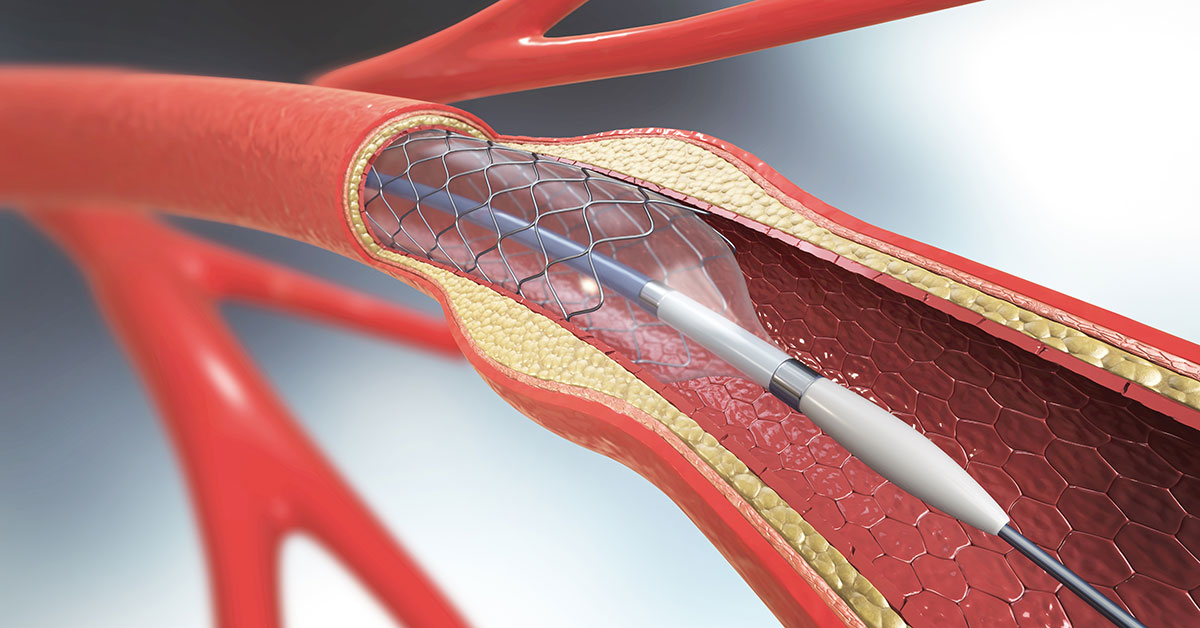
Our vascular care in Hanover, PA encompasses a range of medical procedures and interventions to diagnose, manage, and treat conditions affecting the blood vessels – including arteries and veins. One of the most critical areas of vascular care is the treatment of peripheral artery disease. On this page, we highlight the distinct risks associated with peripheral artery disease and discuss various treatment options available to combat this condition.
If you are looking for peripheral vascular disease treatment in Hanover, then you can call Cardiovascular Specialists of York to schedule an appointment with a licensed vascular doctor today.

Vascular care is a specialized medical field that addresses disorders affecting the circulatory system. The circulatory system plays a vital role in delivering oxygen-rich blood and nutrients to every part of the body. Vascular care services involve diagnosing, preventing, and treating conditions such as aneurysms, deep vein thrombosis, varicose veins, venous insufficiency, and peripheral artery disease.
Vascular treatment is recommended for individuals who are experiencing or at risk of developing conditions that affect the blood vessels. If you have concerns about your vascular health, it's a good idea to consult a healthcare provider specializing in vascular care to determine the appropriate steps for your individual situation.

One of our celebrated services at Cardiovascular Specialists of York is peripheral artery disease treatment.
Peripheral artery disease is a condition characterized by the narrowing or blockage of arteries that supply blood to the extremities, most commonly the legs. It stems from the buildup of fatty deposits within arterial walls, leading to reduced blood flow. This reduction in blood flow can result in painful symptoms, limited mobility, and even severe complications like non-healing wounds and amputation.
Peripheral artery disease poses a dual threat to individuals. Firstly, it drastically impairs the quality of life by causing symptoms like claudication, leg pain, and difficulty walking. Secondly, it serves as a red flag for systemic atherosclerosis, indicating that similar arterial blockages may exist in the heart and brain, increasing the risk of heart attacks and strokes.
An ounce of prevention is worth more than a pound of cure, so it’s worth mentioning the fundamentals. Adopt a heart-healthy diet, engage in regular exercise, quit smoking, and manage your stress levels in a healthy manner. Also make sure you are treating any other underlying health conditions like diabetes and high blood pressure.
A physician can offer a more sophisticated and comprehensive treatment plan. Doctors may prescribe antiplatelet medications to reduce clot formation, manage lipid levels, and dilate blood vessels to improve blood flow.
For more severe cases, angioplasty is a minimally invasive procedure which involves inserting a catheter with a balloon that is inflated to widen the artery. In some cases, a stent may be placed to keep the artery open.
In advanced cases, surgical bypass procedures may be recommended. These involve creating a graft to redirect blood flow around the blocked artery.
Whether you need peripheral artery disease treatment, or any vascular treatment in Hanover, the professionals at Cardiovascular Specialists of York can help. Give us a call today to schedule a consultation with a licensed physician.